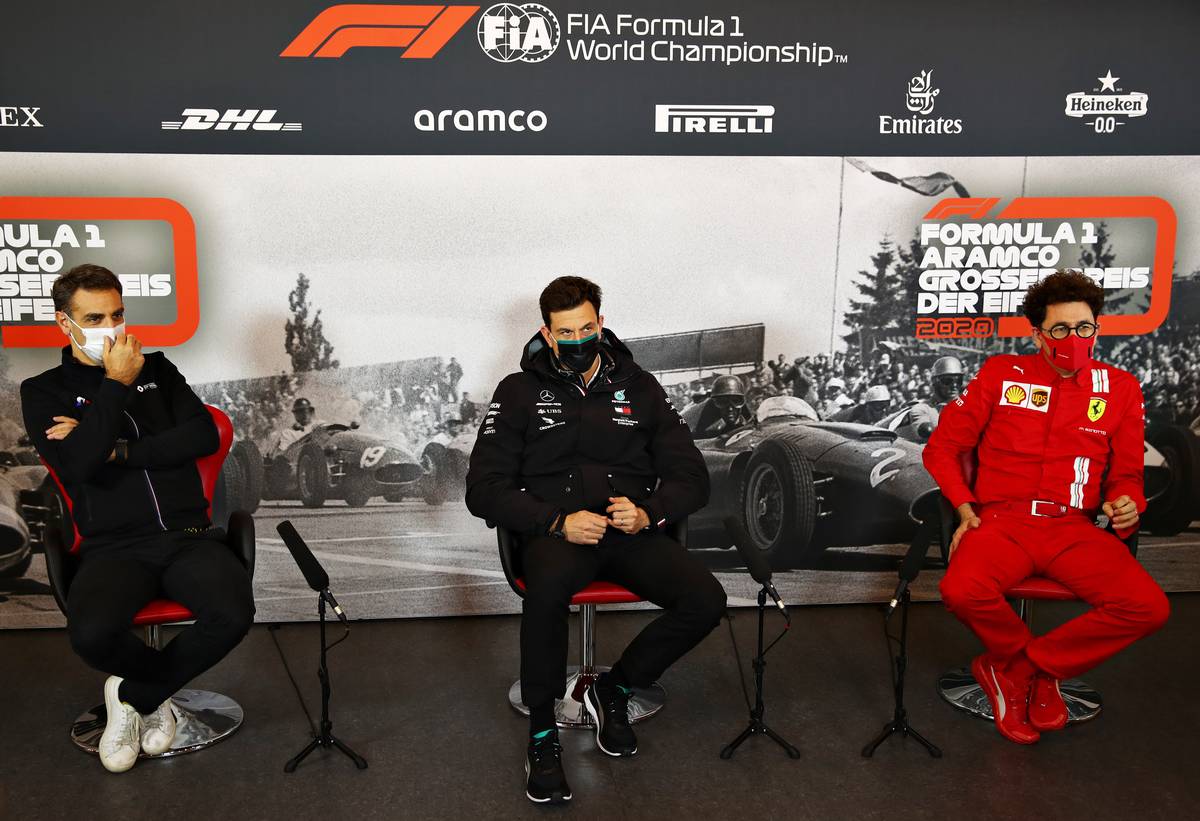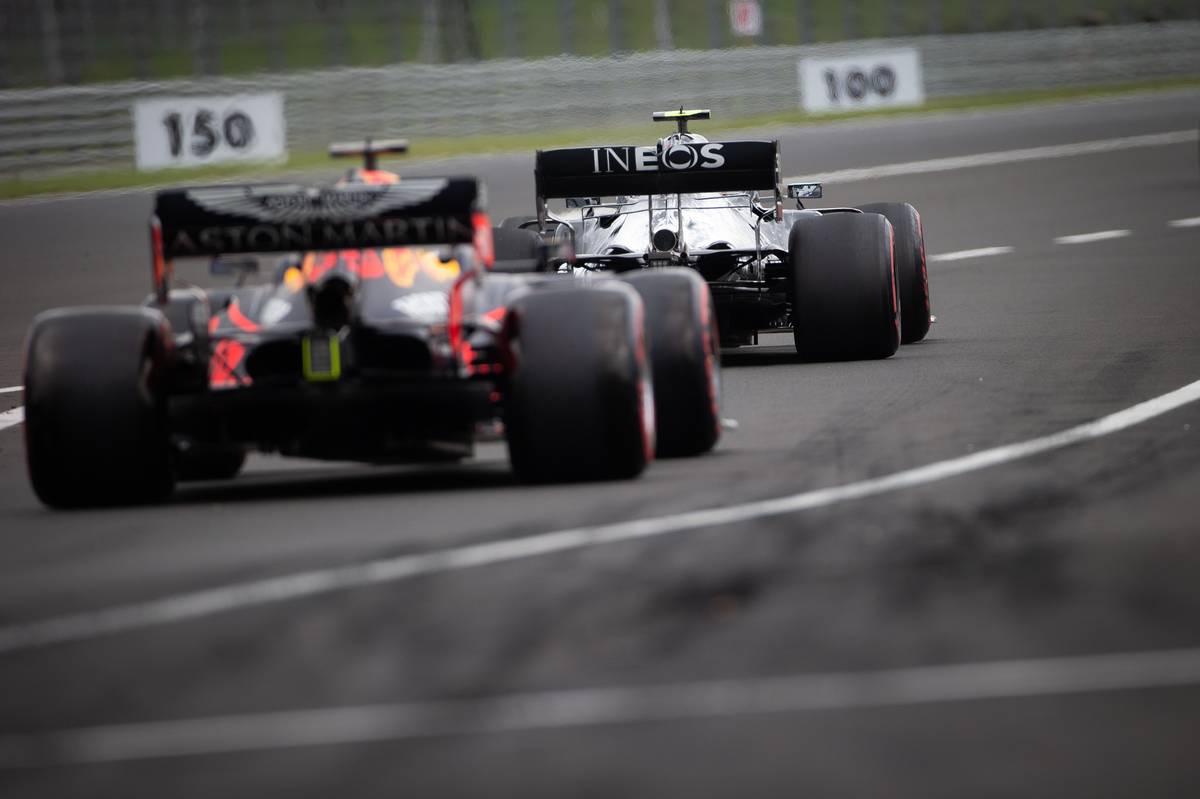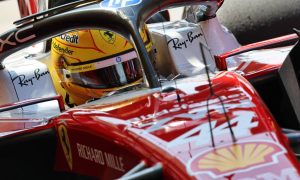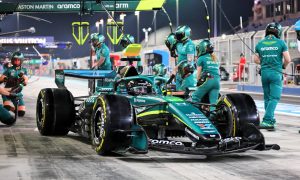
Mercedes boss Toto Wolff says the introduction of an engine convergence system would be "humiliating" for manufacturers and "the beginning of the end" for F1.
Red Bull's demand for an engine development freeze from 2022 to allow it to take over Honda's engine program has sparked a fiery political debate among manufacturers.
Ferrari initially opposed a hold an engine development before changing its stance this week, if F1's next generation power unit is introduced in 2025, or a year earlier than scheduled.
But a freeze in time would entail a status quo of each manufacturers' performance level, and significantly disadvantage an engine running at a deficit relative to its rivals.
Red Bull team boss Christian Horner has suggested the use of a convergence mechanism sanctioned by the FIA to balance out performance levels, a ploy supported by Ferrari's Mattia Binotto.
But a fired-up Wolff equated any convergence scheme to an engine performance balancing stratagem, the adoption of which could lead to dire consequences for Formula 1 according to the Austrian.
"I don't see any difference," Wolff said when questioned on the idea in Bahrain. "I think this would be the beginning of the end.
"The power unit is not only measured by the sheer max power, but it is subject to driveability, weight, cooling, and introducing a formula that fits all isn’t possible and it’s not something that Mercedes would endorse."

When asked about the possibility of relying on a corrective measure such as a token system to allow an engine supplier to catch up with its rivals, Wolff called such a ruse "a bit of an insult" while recalling that a token-based engine development system had previously been discarded by F1's manufacturers.
"We had a token system in the past when the regulations came out, and because some of our colleagues wished the tokens to be removed in order to catch up, we agreed to a removal of the tokens," Wolff said.
"Now some of our colleagues come back with a system of convergence, which honestly said, it is bit of an insult.
"When you look at the last few years, and the development of performances in the engine, Ferrari was clearly the most powerful engine in 2018, and by far the best in 2019.
"And we developed our engine, we continued to push the boundaries, and we brought something to the track in 2020 that we were hoping would catch up.
"That's why I cannot comprehend that any car manufacturer that trusts in his abilities to develop a power unit and a chassis would want some kind of mechanism that would balance the power units out.
"I don't think anybody would accept such a humiliation in public."

Wolff concluded his comments by saying that F1 should stay "very far away" from any system intended to balance the level of performance as it would likely open the door to power units designed for the sole purpose of gaming the system.
"I've seen it in DTM where weights were introduced based on your performances, and the only thing we heard after qualifying was 'well I would have qualified on pole if I wouldn't have had 5kg in the car'," Wolff said.
"That was the whole narrative of the DTM seasons.
"Formula 1 must stay very, very far away from that, or we end up in GTs where you design power units for the sole topic of manipulating the system."
Gallery: The beautiful wives and girlfriends of F1 drivers
Keep up to date with all the F1 news via Facebook and Twitter






